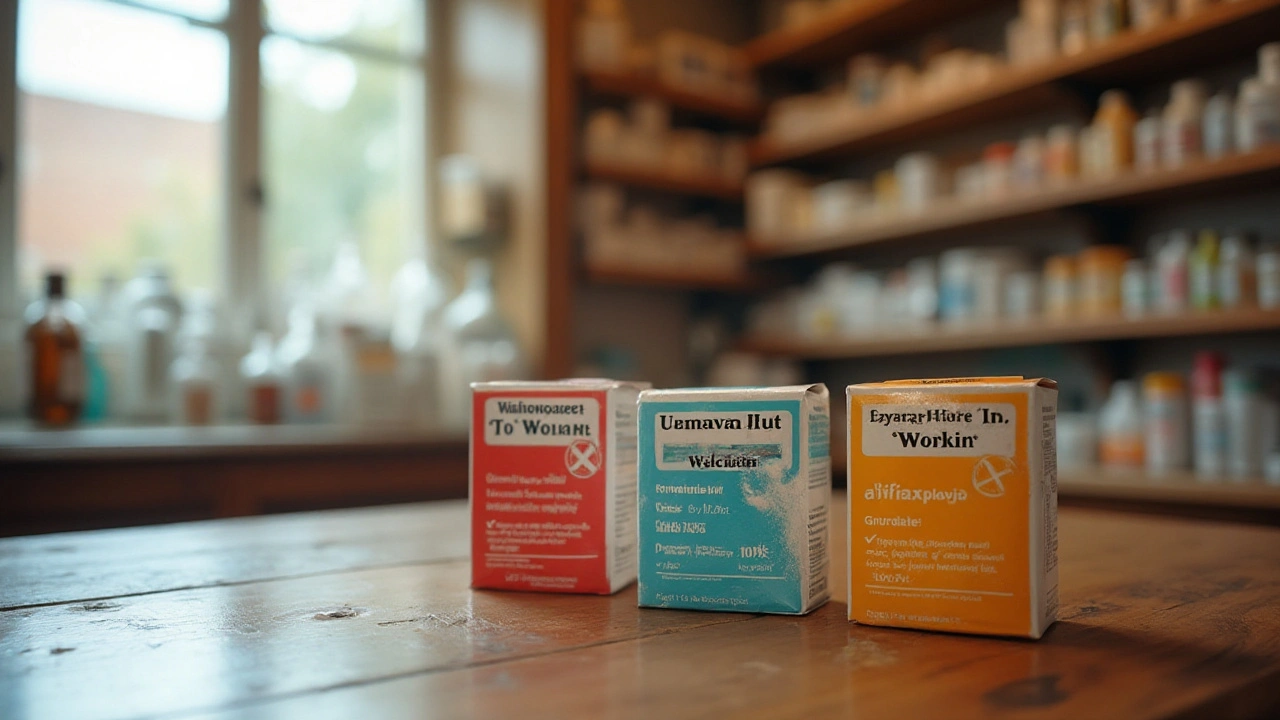Traveling with obstructive pulmonary disease can be challenging, but with proper planning, it is entirely manageable. Understanding how to prepare for different travel situations, manage medication, and navigate accommodations is crucial. This guide offers detailed tips on how individuals with obstructive pulmonary disease can enjoy travel while maintaining their health. From selecting the right transportation to ensuring ample rest, explore how these strategies can provide a smoother journey experience. Emphasizing how simple adjustments can have a significant impact makes this a valuable resource.
January 2025: COPD Travel Tips & Practical Flagyl Alternatives
Two posts this month focus on real problems: how to travel safely with obstructive pulmonary disease and what medicines may replace Flagyl for certain infections. Both pieces give plain, usable advice you can act on right away — from packing a travel kit to understanding when a different antibiotic might be a better fit.
Travel tips for people with obstructive pulmonary disease
Travel can feel risky if you have COPD, but good planning cuts most problems short. Start by checking your oxygen needs and booking seats that make moving and getting medical help easier. Carry a recent summary of your condition, current meds, and emergency contacts in paper and on your phone.
Packing smart helps: bring an extra inhaler or nebulizer parts, copies of prescriptions, and a small first-aid kit. Ask your doctor about portable oxygen or supplemental oxygen options for flights. If you rely on oxygen, contact the airline early — policies and equipment needs vary.
At the destination, pace your activities and plan rest periods. Watch altitude, heat, and air quality; high pollen or poor air can worsen symptoms fast. If you feel breathless, sit, use your inhaler, and call local emergency services if symptoms don’t ease. A simple routine — hydrate, rest, and avoid crowded indoor spots during respiratory outbreaks — prevents many flares.
Nine alternatives to Flagyl: quick guide
Flagyl (metronidazole) treats certain bacterial and protozoal infections, but it’s not always the right choice. This post lists nine options and explains when each might work instead. Always check with your prescriber — different drugs target different bugs and carry different side effects.
Notable alternatives include Tinidazole (similar class, often shorter courses), Rifaximin (good for some gut infections), and clindamycin (covers anaerobic bacteria in some skin and abdominal infections). Other choices can include doxycycline, amoxicillin-clavulanate, azithromycin, and cephalosporins depending on the infection site and bacterial sensitivity.
Two practical warnings: some drugs interact with alcohol or other meds, and resistance patterns vary by region. For example, metronidazole and tinidazole can cause a bad reaction with alcohol. Your doctor may pick an alternative based on allergy history, pregnancy status, and lab results.
If you’re on a trip and need an antibiotic, save a photo of your prescriptions and the medication guide. For persistent or severe symptoms, seek local care — treating an infection promptly prevents complications and avoids the wrong antibiotic choice.
Want the full posts? Read the detailed travel checklist and the complete list of Flagyl alternatives on DoctorSolve.com for dosing notes, side-effect tips, and when to call a clinician. Practical steps make travel safer and antibiotic choices clearer.
Discover nine alternatives to Flagyl, each offering unique benefits in treating various infections. From Tinidazole to Rifaximin, these options offer diverse solutions for bacterial and protozoal infections. This article explores the pros and cons of each medication, helping you make informed decisions. Learn about the distinctive properties and potential side effects to choose the right treatment for your needs.


